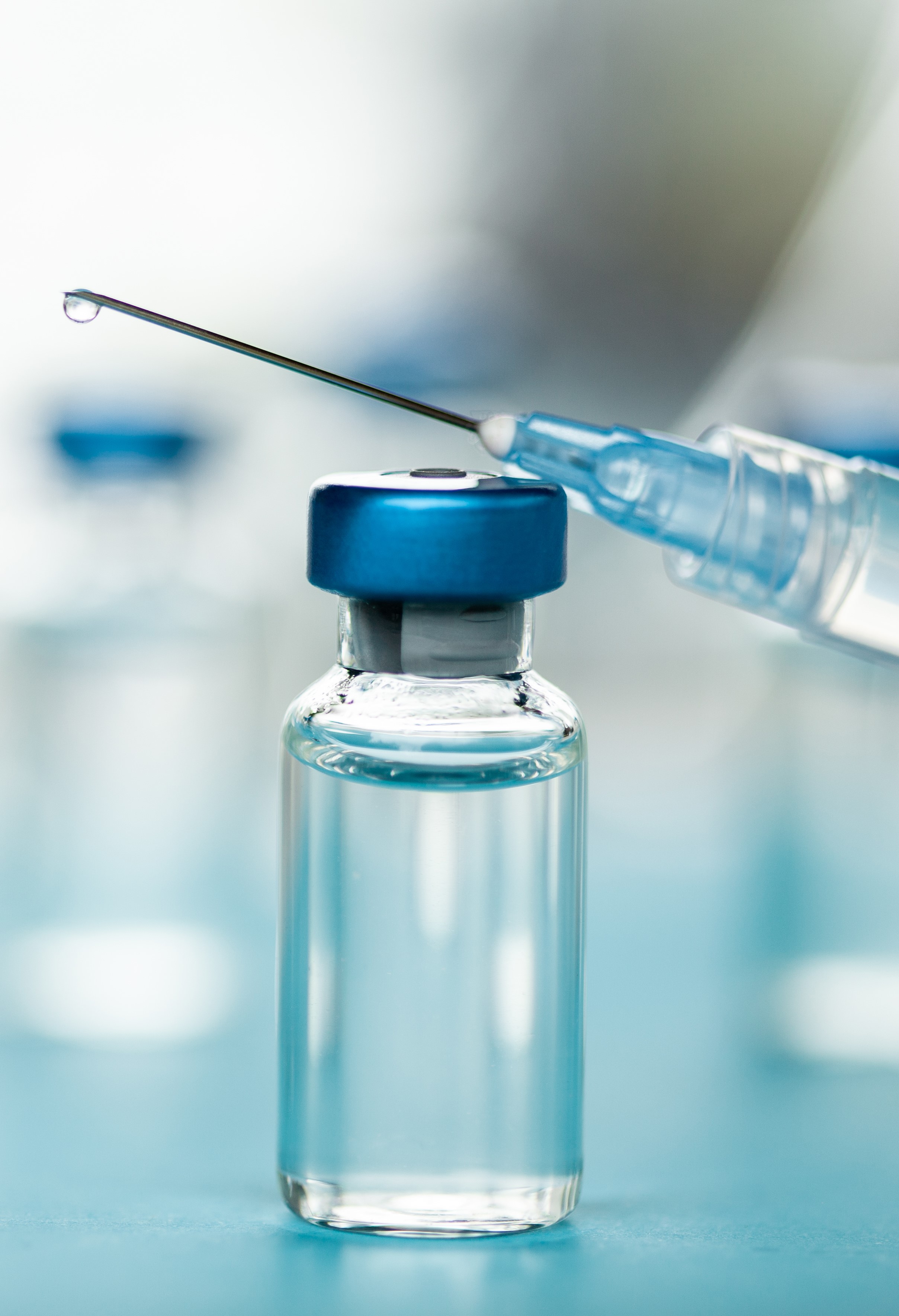Fucoidan progresses diabetes research

Diabetes mellitus is a chronic metabolic disease. Characterised by abnormally high blood sugar levels, it can lead to serious damage of the heart, eyes, kidneys, blood vessels and nerves. The World Health Organization has reported that diabetes is a major cause of conditions including blindness, kidney failure, heart attack and stroke. As the seventh most common cause of death globally, the development of new therapies to treat diabetes is critical.
A new in vitro study utilised high purity fucoidan to develop versatile carriers for potential use in diabetes therapies, including the delivery of insulin. Hydrogel particles that encapsulate insulin may serve to protect the drug against acidity and enzymatic attack in the stomach and to release it where it is required - at the cellular membrane. The study successfully established a methodology for the production of fucoidan hydrogel particles loaded with insulin and the particles were shown to release the insulin in a sustained fashion.
The fucoidan hydrogel particles also supported the culture and encapsulation of human pancreatic beta cells that makes insulin. Researchers suggested that the fucoidan hydrogel particles are a good candidate for a drug delivery vehicle or immune-protectant devices for insulin-producing pancreatic cells.
High purity Fucus vesiculosus fucoidan, manufactured in Australia by Marinova was utilised in the study.
The full paper, ‘Fucoidan-based hydrogels particles as versatile carriers for diabetes treatment strategies’, was published in the Journal of Biomaterials Science.